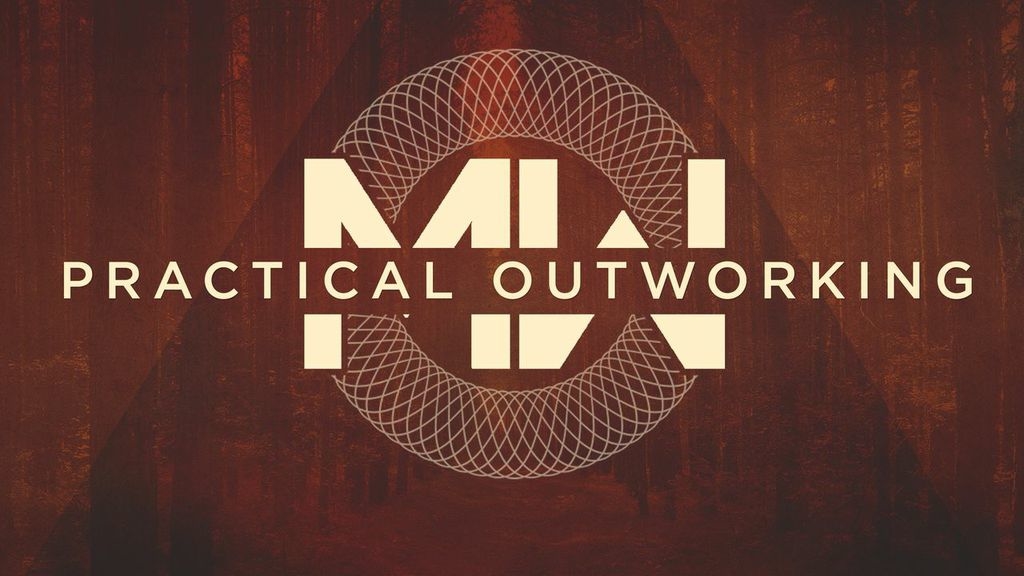Friday, May 1, 2015
—————-
CS. Lewis says, “It is a good rule after reading a new book, never to allow yourself another new one till you have read an old one in between.” I’ve found as a writer and editor that’s a hard rule to follow, but I’ve made it my goal this year to have my readings weighted towards time tested books.
One that I had owned, but had neglected was G. K. Chesterton’s Orthodoxy. One theme that winds throughout is wonder at the ordinary. He reminds us that fairy tales often take the ordinary person and set him on an adventure. This happens because only an ordinary person is startled at “a mad world” (Orthodoxy [Moody Classics] [pp. 29-30]. Moody Publishers. Kindle Edition.) Think of some of the most popular fairy stories of this last century.
J. R. R. Tolkien’s adventures in middle-earth—the hero is an ordinary hobbit who is swallowed by a larger than life adventure. C. S. Lewis’s Narnia—ordinary children transported to an extraordinary world. J. K. Rowlings’ Harry Potter—an ordinary boy living in a cupboard in Privet Dr. finds out he is a wizard.
By this point you may be asking “And what does this have to do with marriage or family?” Chesterton says,
Keeping to one woman is a small price for so much as seeing one woman. To complain that I could only be married once was like complaining that I had only been born once. It was incommensurate with the terrible excitement of which one was talking. It showed not an exaggerated sensibility to sex, but a curious insensibility to it. A man is a fool who complains that he cannot enter Eden by five gates at once. Polygamy is a lack of the realization of sex; it is like a man plucking five pears in mere absence of mind. (pp. 88-89)
That stuck to the roof my mouth as I read it. How true this has been of my own marriage. How often do we take the wonder of marriage for granted? Read this with wonder:
21 So the Lord God caused a deep sleep to fall upon the man, and while he slept took one of his ribs and closed up its place with flesh. 22 And the rib that the Lord God had taken from the man he made into a woman and brought her to the man. 23 Then the man said,
“This at last is bone of my bones
and flesh of my flesh;
she shall be called Woman,
because she was taken out of Man.”24 Therefore a man shall leave his father and his mother and hold fast to his wife, and they shall become one flesh. 25 And the man and his wife were both naked and were not ashamed. —Genesis 2:21-25
God could have easily created Eve a thousand ways, but he did this way to make us stand in awe. I’ve heard many times that Adam responds to God with poetry, but God’s act of creating Eve demands the poetical. God places Adam in a deep sleep and takes part of Adam to create Eve. Many translations have the “took one of his ribs” or an equivalent. John Walton notes that the image may be even more intense suggesting the better reading may be that God cut Adam in half. The image is jarring regardless. Women are from the very flesh of man and so Adam sings, “Bone of my bones . . . flesh of my flesh.” God doesn’t stop there. He says, “Be fruitful and multiply and fill the earth and subdue it, and have dominion” (1:28). God is in the business of creating good things, so he tells Adam and Eve to multiply. God created man and woman. God created sex. All of that is good in the context of marriage.
How often do we complain about marriage? Or joke about its sanctity? Or talk about our spouses in unflattering terms? How often do we forget the wonder of marriage and the gift of sex? We have been blessed with something that should make us amazed at the goodness of God. Monogamy isn’t a drag. We don’t test out sexual compatibility before marriage like the other person is a vehicle on a used car lot.
Our world is full of magic.[1] We have just lost the eyes to see it all around us. It would do all of us good to meditate on the wonder of marriage, so that we see that every day with our spouse, every opportunity for intimacy is magical. It should be like seeing the sunset for the very first time. You mean to tell me there’s two planets who hang in space, one that rotates around the other, and in perfect space. And every twenty four hours this produces the most amazing and beautiful sunset and sunrise.
You mean to tell me there’s two people born at just the right time, who find each other out of all other people, and who commit to love each other. And God has blessed these people and given them the gift of sex to enjoy for the rest of their lives together? That’s magical. That should cause us to wonder. That should transform the way we see our spouses and marriages.
—————-
[1] I mean magic as Chesterton uses the term: “When we are asked why eggs turn to birds or fruits fall in autumn, we must answer exactly as the fairy godmother would answer if Cinderella asked her why mice turned to horses or her clothes fell from her at twelve o’clock. We must answer that it is magic.”
[2] Chesterton, Gilbert Keith (2013-06-17). Orthodoxy (Moody Classics) (p. 80). Moody Publishers. Kindle Edition.
The post How the Incredible Magic of Being Ordinary Transforms Us appeared first on CBMW.
